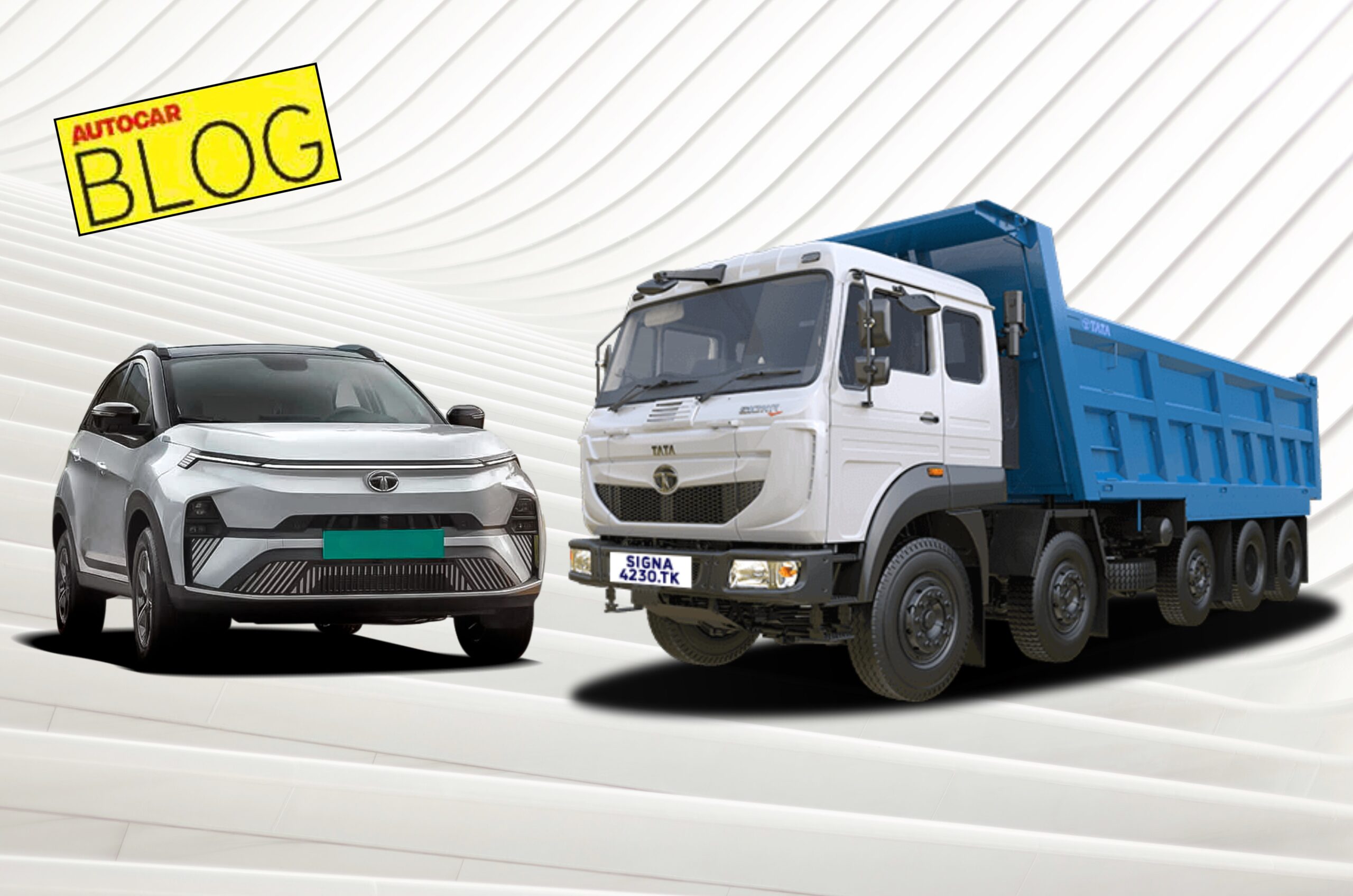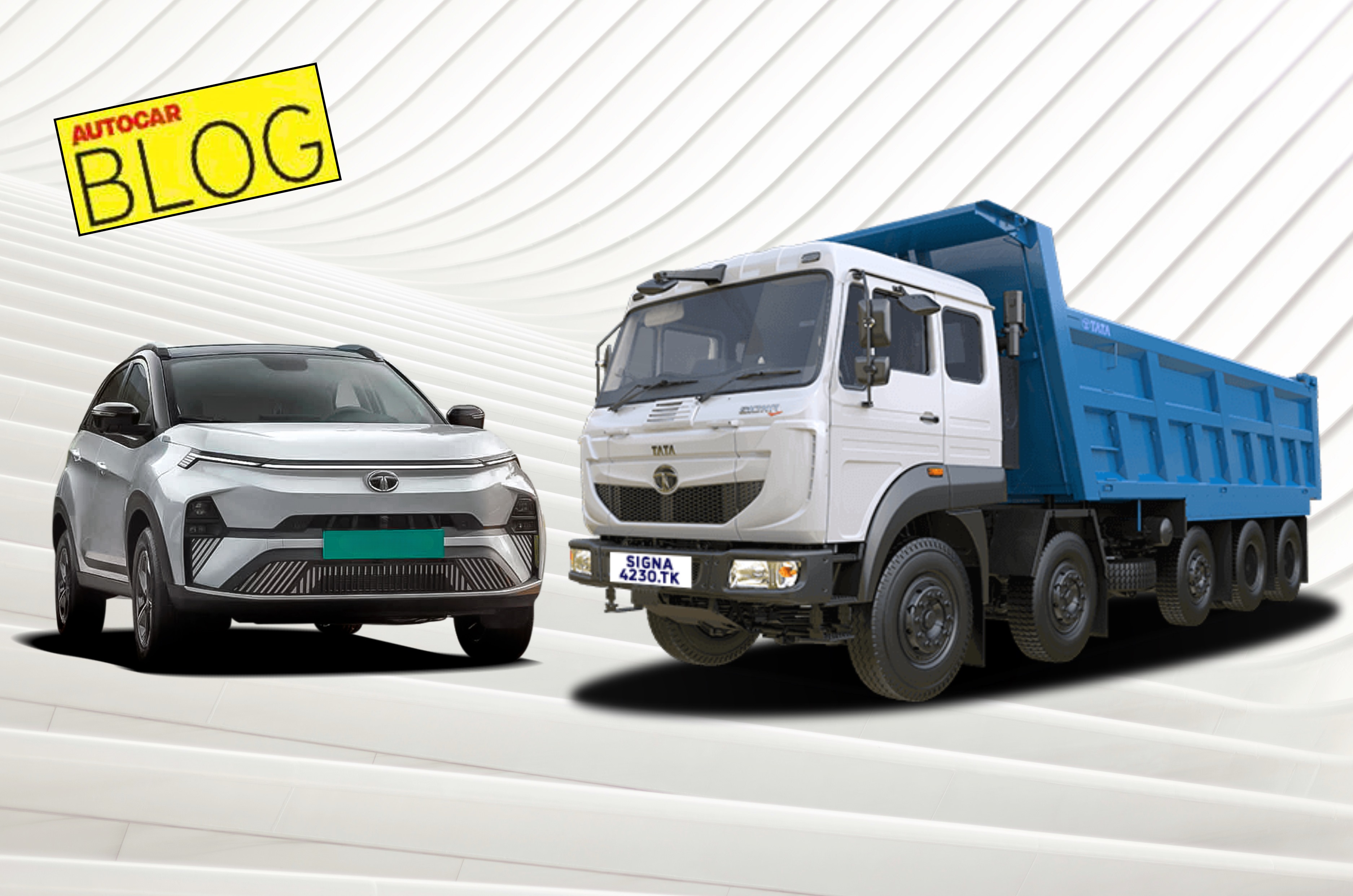
Opinion: Why demergers are better for multi-product organisations
September 16, 2024

Tata Motors announced the demerger of its commercial vehicle and passenger vehicle businesses into two entities. The press release cited key reasons for the same as ‘synergies’ and ‘global focus’. While it sure has positive outcomes for the stock market, as a marketer, one may ask whether such a move is aimed purely at the shareholders, or is there more?
To me, there are many market-facing reasons why demergers happen or are the better way forward for a multi-product/multi-business/multi-market organisation. The decision is the outcome of an outside-in approach. It is determined by consumer behaviour across segments, categories and markets. The passenger vehicle customer does not think and behave in the same way as a commercial vehicle buyer. Simple. Also, the passenger vehicle customer in India thinks very differently from the one in the Netherlands. Again, simple. Which means that the strategic focus, decision-making, action-orientation, investments, customer-relationship management and communication have to be distinctly standalone.
The organisations also have to be built on different lines. A production expert, however good, having spent a large part of their life on the HCV line, will never be the best choice for the PV line. And vice versa. It is the same for every function, whether upstream or downstream. Many automakers have created distinct brands to cater to different mindsets within the same category, ensuring that at least the downstream is totally standalone. Taking another example from Tata Motors, the Tata.ev brand has been created for the same purpose.
The responsibility of the brand custodian certainly increases in the case of demerged or standalone businesses. Any mistake is restricted to that specific brand alone, and the erstwhile umbrella brand cannot bail you out. Similarly, you do not have to share the burden of another brand’s misadventures. Your brand value is preserved and protected in the way you nurture it. Given your standalone status, your decisions on tech partners, channel partners, investors and communication partners are totally yours.
While your brand will carry the core DNA and values from the mother brand, you will have to build its specific personality around them, in flesh and blood. It is your distinct brand ethos that will endear certain kinds of people to you who might end up becoming your brand ambassadors. Your brand promise will not be confused with those of the other businesses or segments you were forced to co-exist with till yesterday.
Suzuki is a great example of successfully running the two-wheeler and four-wheeler businesses as standalone, distinct brands – the former led by the likes of the Hayabusa and Katana, while the latter is demonstrated by the WagonR and Swift. The former is more right-brain, whereas the latter is more left-brain.
You basically split to serve… better.
Also see:
Opinion: Automotive developments that didn’t make the news
Opinion: Besides Indian-made cars it’s time to export Indian brands
——————————————————————————————————————–
Bull-LEDs | Guaranteed Custom
Contact us – https://bull-leds.com
This is a autogenerated feed from https://www.autocarindia.com/auto-blogs/opinion-why-demergers-are-better-for-multi-product-organisations-432540#utm_source=feed&utm_medium=rss&utm_campaign=Autocar+India+All+Articles+feed & Bull-LEDs do not have any ownership of the content.

